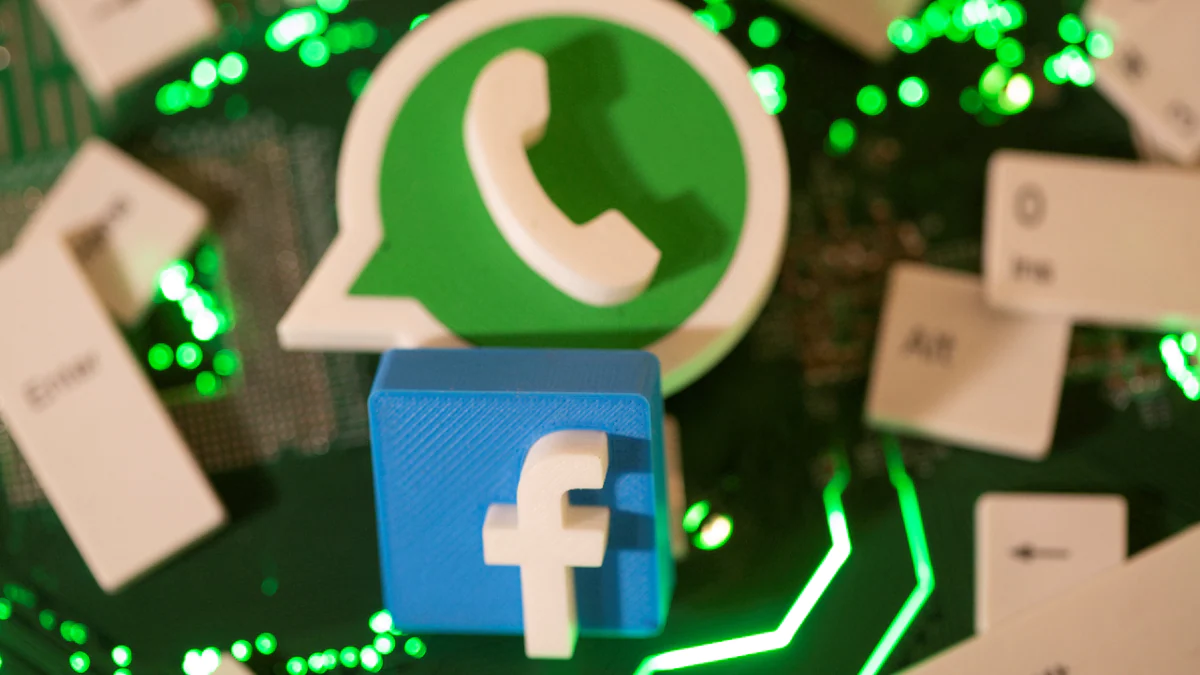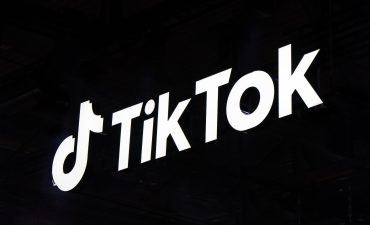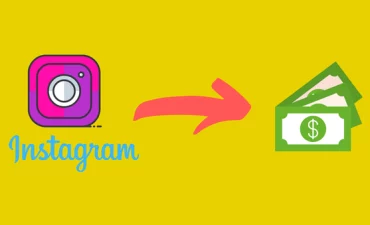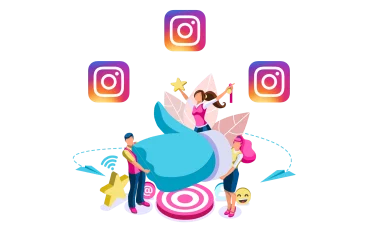Recently, the Indian government has taken a strong stance against social media platforms such as Facebook, WhatsApp, and Twitter. The government has decided to ban these platforms in order to prevent the spread of fake news and misinformation. This move has been met with mixed reactions from the public. Some people believe that this is a necessary step in order to protect the country from false information, while others believe that this is a violation of freedom of speech.
Why social media bans are happening in India
In India, social media bans are becoming more common. The Indian government has banned several social media platforms in the past, and more bans are expected in the future. There are a few reasons why social media bans are happening in India.
One reason is that the Indian government wants to control the spread of information. By banning social media platforms, the government can prevent people from sharing information that it does not want them to share.
Another reason is that the Indian government wants to protect its citizens from online harassment and cyberbullying. By banning social media platforms, the government can make it more difficult for people to engage in these activities.
Finally, the Indian government may also be concerned about national security. By banning social media platforms, the government can make it more difficult for terrorists and other criminals to communicate with each other and plan attacks.
What platforms have been banned so far
Since the Indian government’s announcement of a ban on 118 Chinese apps, including the popular social media platforms TikTok, WeChat, and Helo, there has been speculation about which other apps might be next. Here is a list of all the platforms that have been banned so far.
As of July 27, the Indian government has banned 118 Chinese apps, including the popular social media platforms TikTok, WeChat, and Helo. The move comes amid rising tensions between India and China over their border dispute in the Himalayas.
The Indian government has not given any official reason for the ban, but it is believed to be in response to China’s aggressive actions in the region. This is not the first time India has banned Chinese apps; in April, it blocked 59 apps, including WeChat and TikTok, citing security concerns.
Why the government is imposing these bans
The Indian government has been imposing bans on social media platforms in an attempt to control the spread of false information and hate speech. The most recent ban was imposed on TikTok, a popular video-sharing app.
The government claims that these bans are necessary in order to protect the public from the harmful effects of false information and hate speech. However, many critics argue that the government is using these bans as a way to silence dissent and censor freedom of expression.
There is no doubt that false information and hate speech can be damaging and dangerous. However, it is also important to remember that the right to freedom of expression is a fundamental human right. Imposing blanket bans on social media platforms is not an effective solution to the problem of misinformation and hate speech. It simply results in the silencing of voices that might otherwise be heard.
The impact of social media bans on users
The impact of social media bans on users has been widespread and far-reaching. In India, a ban on social media was imposed in late April after a series of riots and protests broke out across the country. The ban was implemented in an effort to prevent further violence and unrest. However, the ban has had a number of unintended consequences for Indian citizens.
Many people have found that they are unable to access their favorite social media sites, such as Facebook and Twitter. This has led to a sense of isolation and frustration for many users. In addition, the ban has also had a negative impact on businesses that rely on social media to reach their customers. Many businesses have found that their sales have declined since the ban was put in place.
The impact of social media bans on users is something that needs to be carefully considered before such measures are taken.
The future of social media in India
In recent years, social media has become an increasingly important part of everyday life in India. With over a billion people using social media platforms like Facebook, WhatsApp, and Twitter, it’s no surprise that the Indian government has taken notice.
However, due to concerns about fake news, cyberbullying, and other negative effects of social media, the government has proposed a ban on certain social media platforms. This has led to a debate about the future of social media in India.
On one side, there are those who believe that a ban would be an infringement on freedom of expression. They argue that social media can be used for good as well as bad and that a ban would not solve the underlying problems.
On the other side, there are those who believe that a ban is necessary to protect people from the harmful effects of social media.
Conclusion
In India, social media has been subject to a lot of scrutiny and debate in recent years. The Indian government has even gone so far as to ban certain social media platforms, such as Facebook and WhatsApp, in an effort to control the spread of information and combat fake news.
Despite these bans, social media continues to be popular in India. In fact, a recent study found that Indian users are some of the most active on social media platforms like Twitter and Instagram.
While the Indian government may try to control the flow of information on social media, it seems that users will find a way to access these platforms no matter what.







